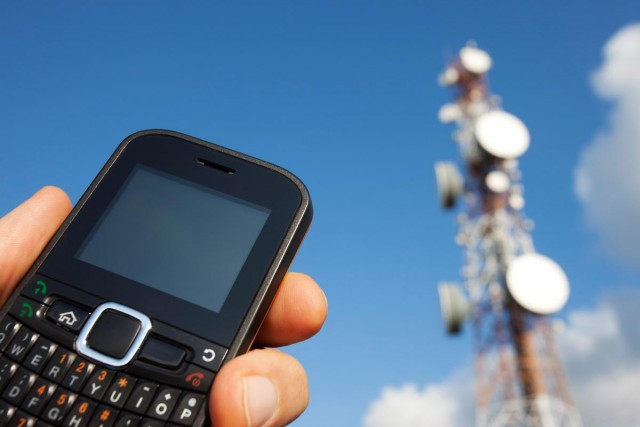Norway’s shipbuilders begin to fully embrace battery technology for newest ferry boats
06/07/2018 / By David Williams

Now that the world has begun the long and arduous process of switching to all-electric vehicles, interesting iterations of traditional fuel-based cars are beginning to appear. But what about boats? Is there room in the world for water-bound vehicles that are powered exclusively through batteries?
One group of Norwegian shipbuilders seems to think so. In fact, it is said that these shipbuilders are already hard at work on creating the very first ferry boats in the world to ever be powered entirely by batteries. Their operation is based in a facility not far from Norway’s North Sea oil rigs, and they are currently fulfilling orders that they began receiving in 2016.
This is according to information from a report on Bloomberg.com, which says the move to build these battery-powered ferry boats first began when orders for so-called fuel-guzzling boats vanished due to the “crude slump” that happened in recent years. In short, the shipbuilders are now looking to go down the renewable energy route in an effort to keep surviving.
According to Erlend Hatleberg, a project manager at Havyard Group ASA, a firm in charge of running the Sognefjord shipyard where battery-powered boats are now being built, the focus on renewable energy should keep them employed for the foreseeable future. “If you look at the next five years, this is what we’ll be doing,” he said. “We were in a really deep trough. But activity is back.”
Compared to the rest of the world, Norway is in a really good place when it comes to renewable energy adoption. It is said that almost all electricity that is used in the country is produced through hydropower, and even the state oil company has started to expand into offshore wind farming as an alternative energy production method. The people drive more electric cars per capita than any other country in the world. So switching to electric boats should be right up the country’s alley. (Related: Battery-powered commercial jetliners could eliminate jet fuel entirely, making air travel vastly less expensive.)
Right now, the country’s national and regional governments typically have to spend around three billion kroner ($386 million) per year in order to operate a total of 200 ferries that are used to serve 130 routes. It may seem like a thriving industry from the outside, but Hatleberg knows how bad the situation really is, as they had to cut more than a quarter of their workforce.
But this was prior to the “boat fad” which is now starting to take over. Their situation now is looking optimistic, and if they can keep up with demand, they truly will be quite busy building battery-powered boats for many years to come. The technology, so far, is not that perfect, but any kinks are expected to be fixed some time later.
According to Steinar Johnsen, a boat captain on the first zero-emissions ferry called the MF Ampere, there will always be problems when new technology is being developed and used. “I’m very doubtful that the first steam engine was flawless,” he said. “If you’re always going to wait for something better, you’re never going to do anything.”
Perhaps that’s why the crew behind Sognefjord aren’t waiting. With consistent effort and a little luck, they have the chance of shaping the future of ferry boat construction. And all for the betterment of not just the boating industry, but also the environment.
Read more about the other ways renewable energy is taking over at Power.news.
Sources include:
Tagged Under: alternative energy, battery powered boats, boating industry, electric boats, electric vehicles, ferry boats, future tech, Havyard Group ASA, Norway, renewable energy, renewables, technology, zero-emissions ferry



















